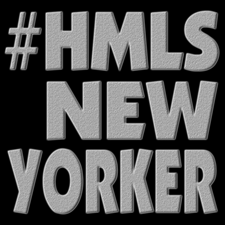Principle 6: Kuumba (Creativity) To do as much as we can, in the way we can, in order to leave our community more beautiful and beneficial than we inherited it. Tweet
Read the rest of this entry »Archive for December, 2014
Kwanzaa: Day Five
Principle 5: Nia (Purpose) To make our collective vocation the building and developing of our community in order to restore our people to their traditional greatness. Tweet
Read the rest of this entry »Kwanzaa: Day Four
Principle 4: Ujamaa (Cooperative Economics) To build and maintain our own stores, shops and other businesses and to profit from them together. Tweet
Read the rest of this entry »Kwanzaa: Day Three
Principle 3: Ujima (Collective Work & Responsibility) To build and maintain our community together and make our brother’s and sister’s problems our problems and to solve them together. Tweet
Read the rest of this entry »Kwanzaa: Day Two
Principle 2: Kujichagulia (Self-Determination) To define ourselves, name ourselves, create for ourselves and speak for ourselves. Tweet
Read the rest of this entry »Kwanzaa: Day One
Principle 1: Umoja (Unity) To strive for and maintain unity in the family, community, nation and race. Tweet
Read the rest of this entry »What Johnnie Cochran Said About Police Officers In His Autobiography
“The policeman on the street is the most powerful person in the criminal justice system. If he is in the grip of some grim private impulse or carries with him some bigoted private agenda, he can- all on his own- take your life, beat you and choose to lie about your guilt or innocence. If […]
Read the rest of this entry »Black History Fact Of The Day
Donald Cotton is the inventor of nuclear reactor propellants. Tweet
Read the rest of this entry »Quote Of The Day
“‘Bloom where you’re planted, child,’ she used to say whenever I talked about all the things I was going to do when I got back home, back to the city, where we had all kinds of things- stores, TVs, indoor plumbing- that she didn’t have in the country. ‘Do what you can, with what you […]
Read the rest of this entry »Book Excerpt Of The Week- Part 3: “Amusing Ourselves To Death” By: Neil Postman
“…Americans are the best entertained and quite likely the least well-informed people in the Western world. I say this in the face of the popular conceit that television, as a window to the world, has made Americans exceedingly well informed. Much depends here, of course, on what is meant by being informed. I will pass […]
Read the rest of this entry »

